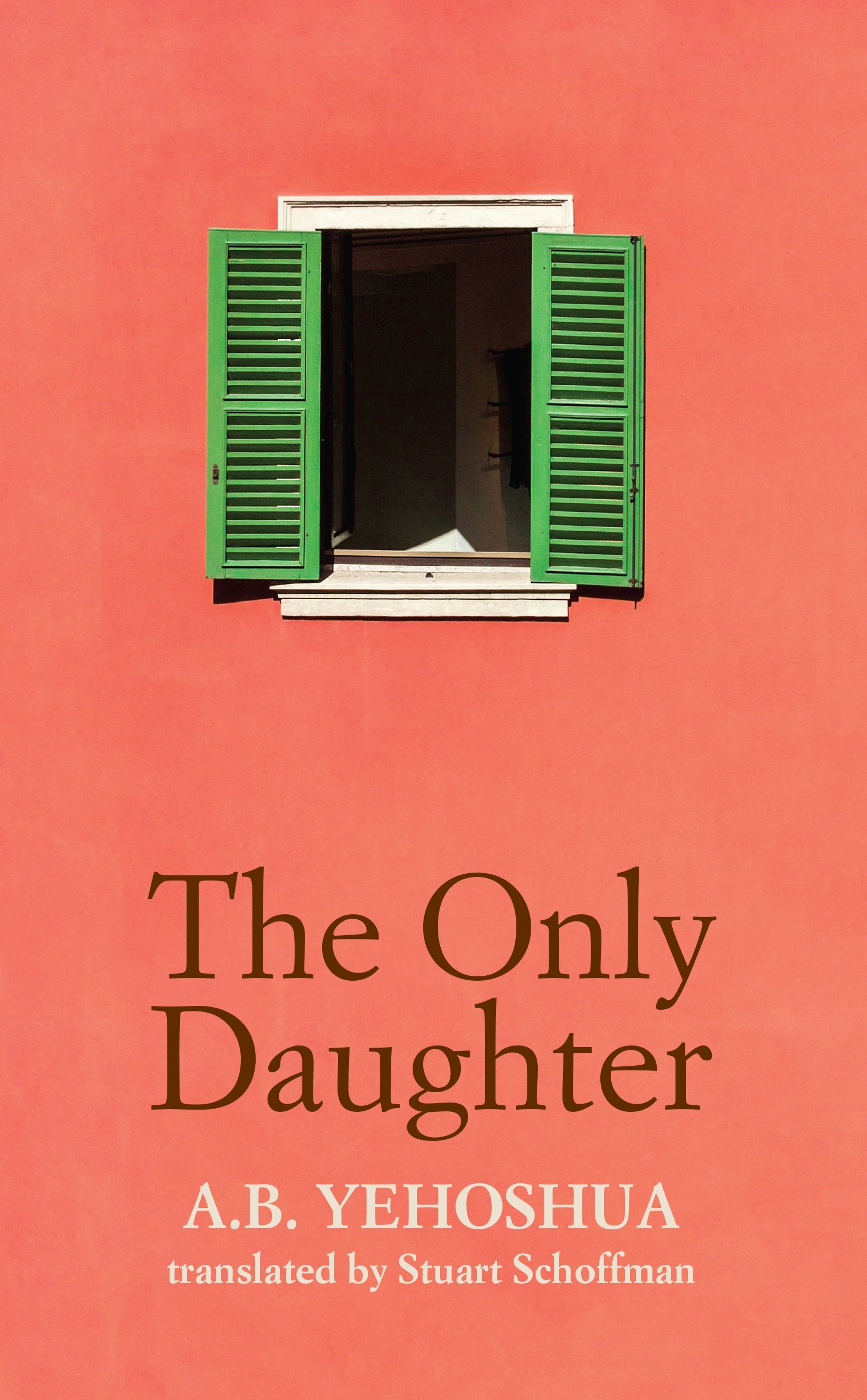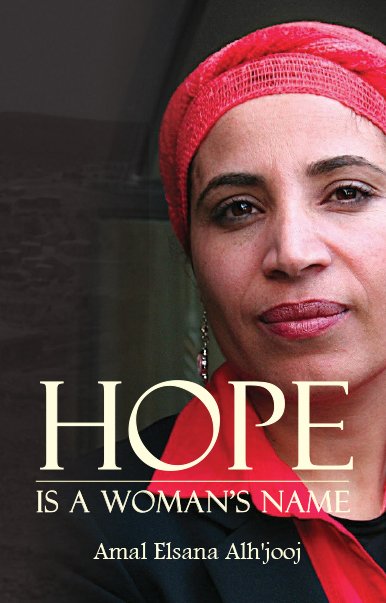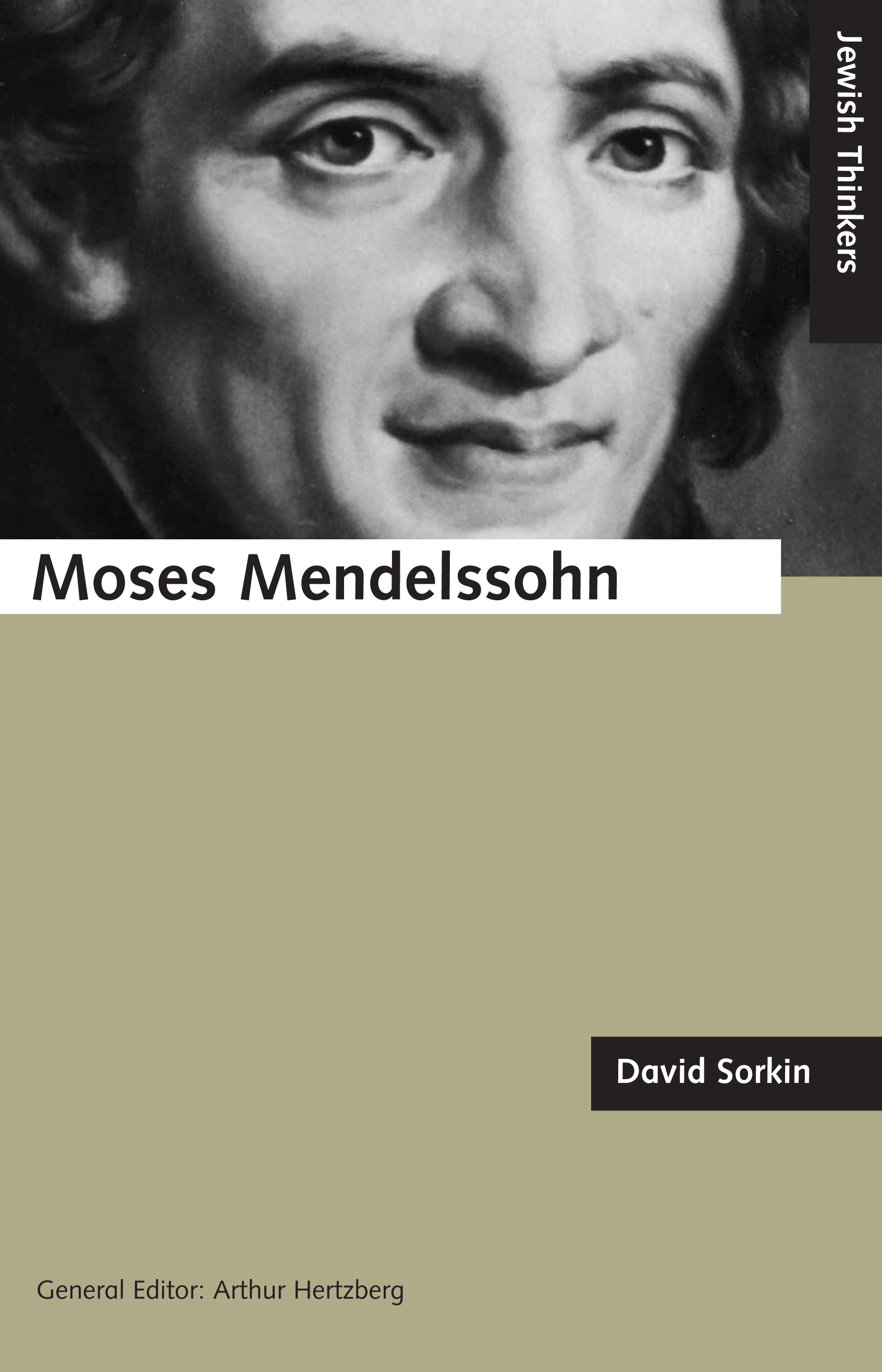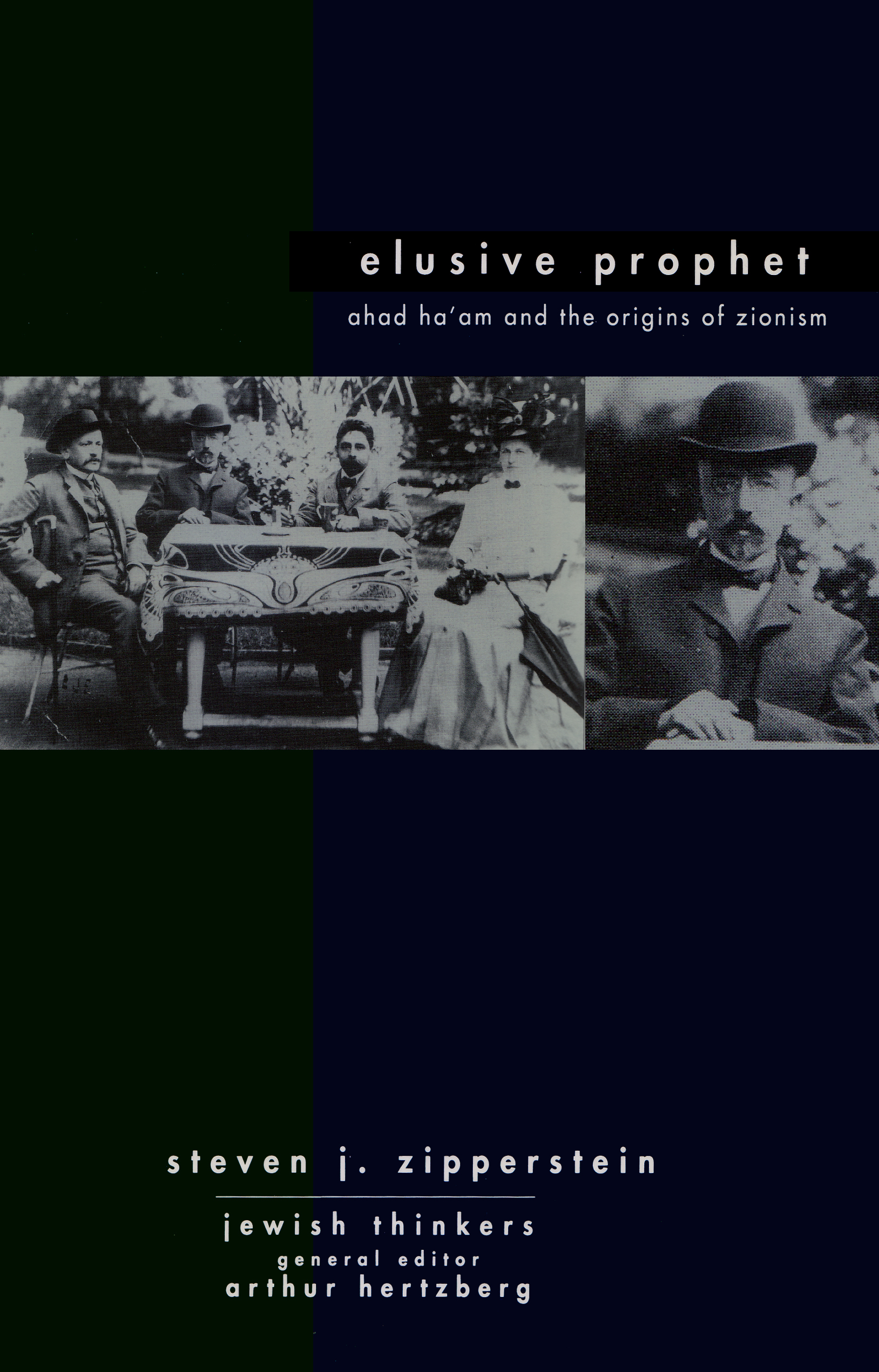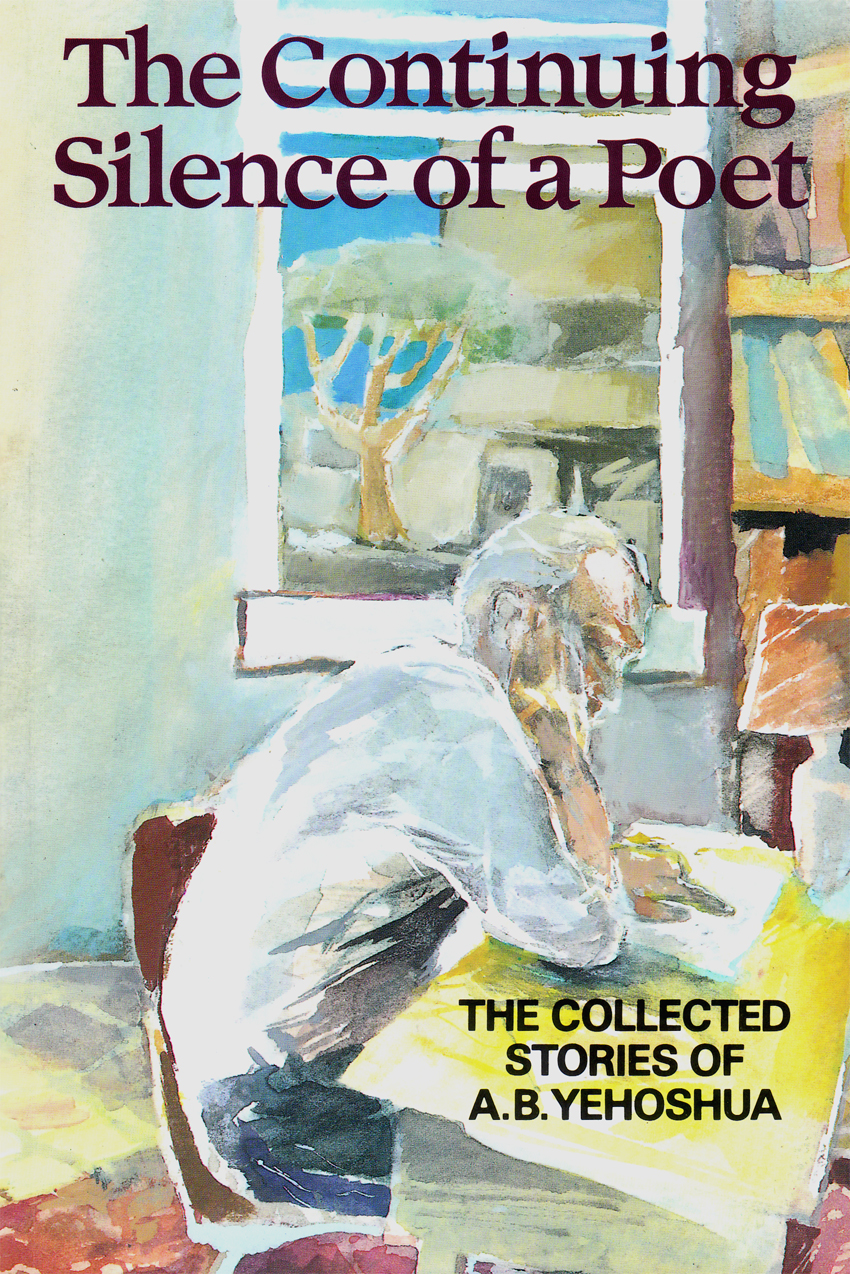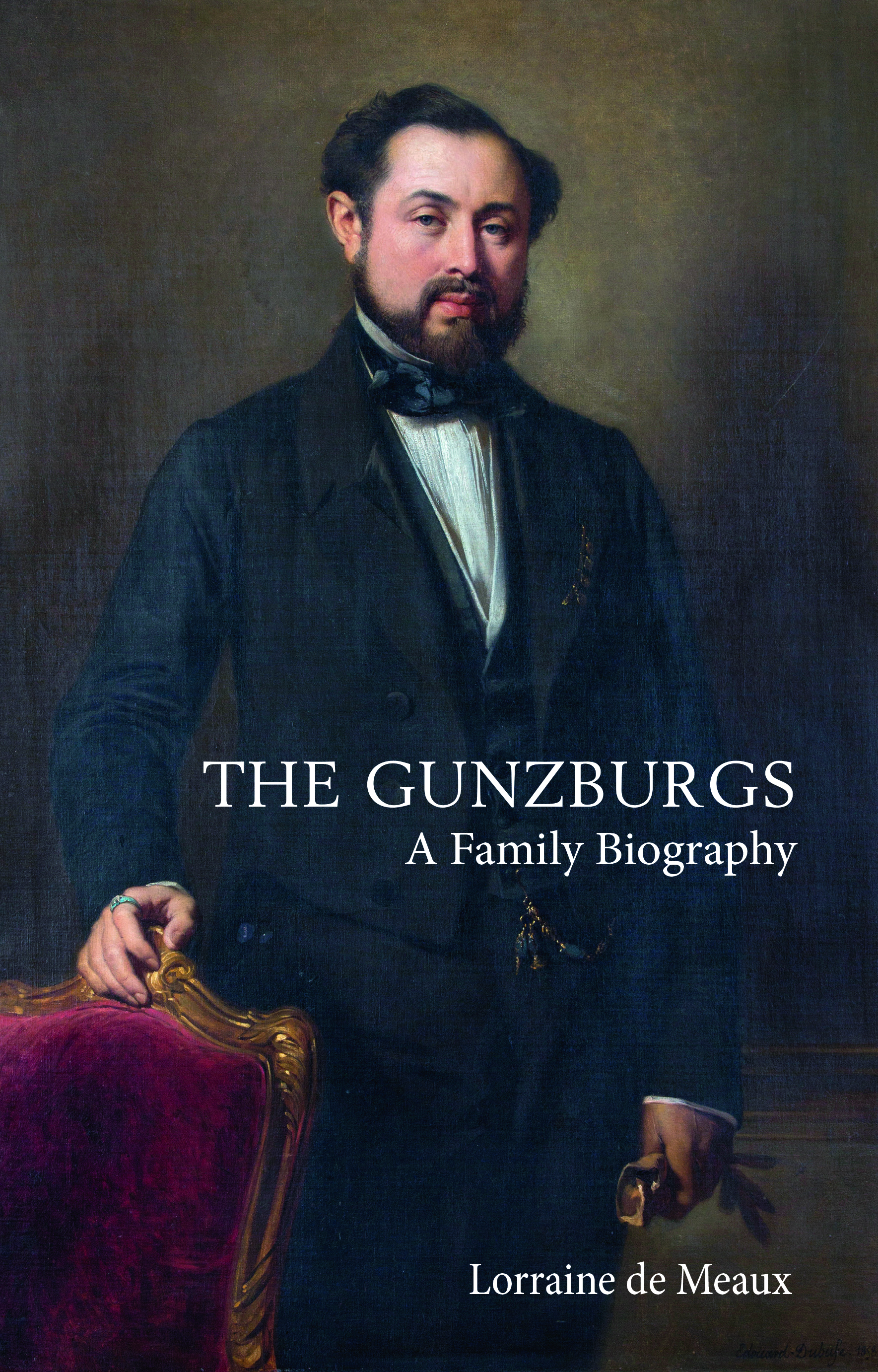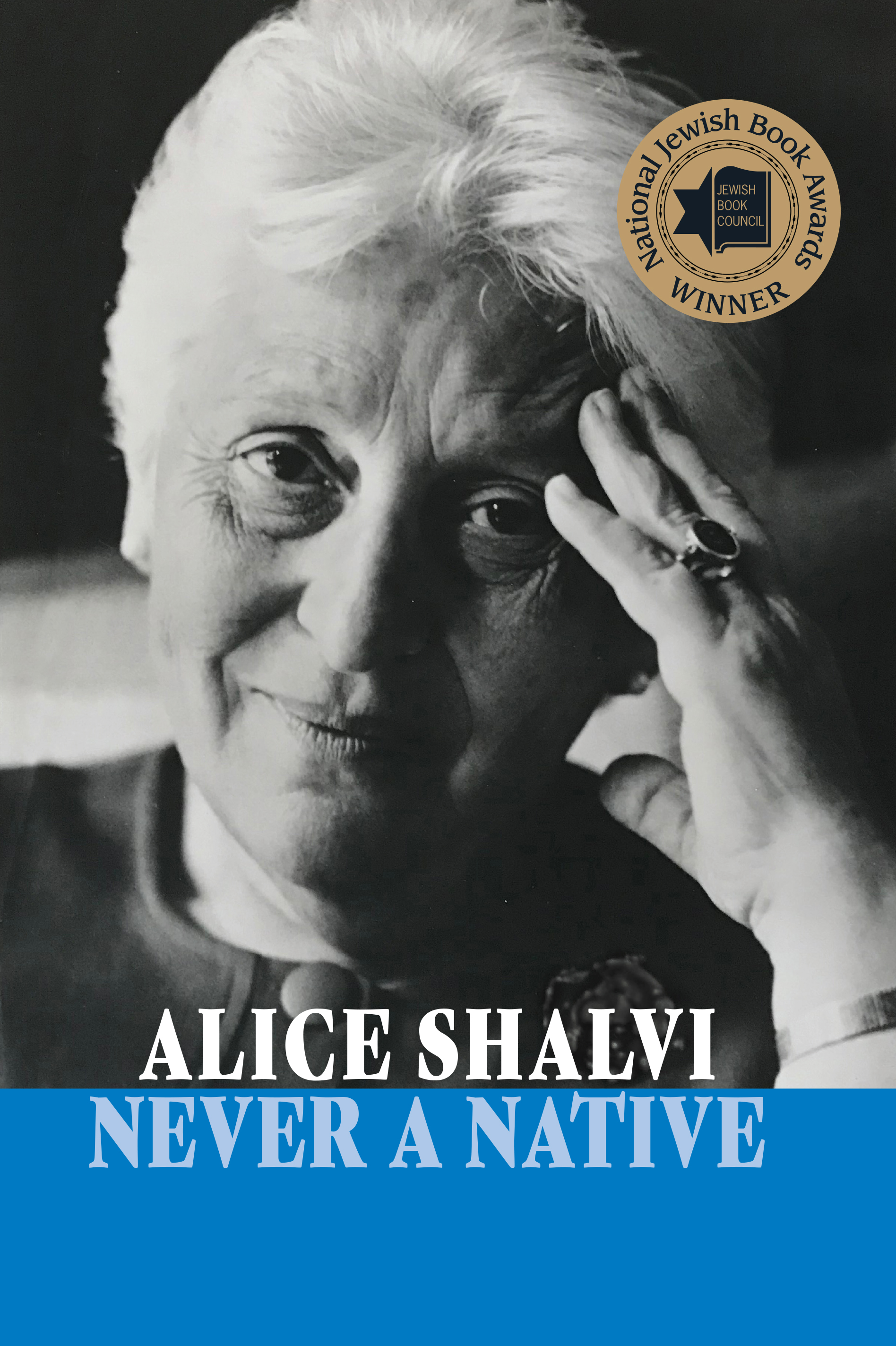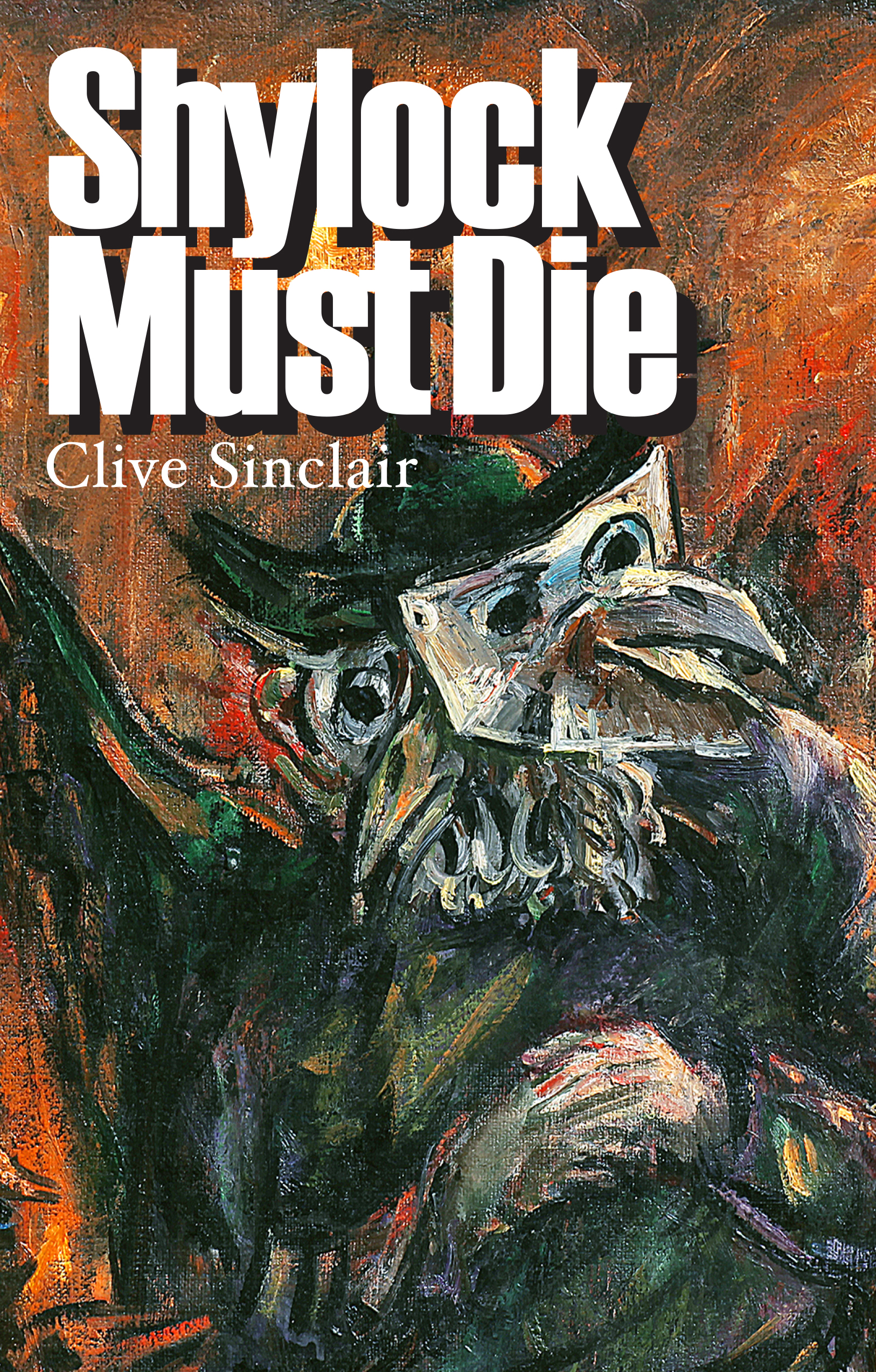The Only Daughter by A.B. Yehoshua
Translated from the Hebrew by Stuart Schoffman
Rachele Luzzatto is the only daughter of a Jewish family in northern Italy. Curious and intelligent, she is caught between her interest in religions – her own and others – and her father’s violent rejection of them all.
A disagreement ensues between them about the part she is given in the school nativity play. At the same time, she discovers that her father is ill; the severity of his illness is only revealed to her very gradually while her teacher, various members of her family and even her rabbi offer her wide-ranging and humane support.
A.B. Yehoshua paints a complex, and humorous, picture of conflicting religious identities and historical memory in this tender character study of a young girl at the threshold of adulthood.
Published shortly after Yehoshua’s death in 2022, this novella “reaffirms A. B. Yehoshua’s belief that art can help us to live with an open heart.” — Times Literary Supplement
Hope is a Woman’s Name by Amal Elsana Alh’jooj
Hope is a Woman’s Name is a rare look at Bedouin life from the even rarer perspective of a Bedouin girl. Amal challenged authority from birth, slowly learning where her community’s boundaries lay and how to navigate them.
As a shepherd at the age of 6, Amal led her flock of sheep across the green mountains of Laqiya, her village in the Negev in southern Israel. Given such responsibility, though rarely recognition, Amal came to understand her community and forge her skills as a leader.
Aged 13 and frustrated by the constraints put on her education as a girl, Amal set up literacy classes for the adult women in her village. She aimed to teach them not only how to read, but to value education itself: “I wanted them to taste an education so that they would never again deprive their daughters of one.”
This was the beginning of a lifelong career initiating projects that would help create change for the Bedouin – a minority within Israel’s Palestinian minority – and for their women in particular. She established economic empowerment programmes for marginalized women, helped found an Arab-Jewish school, and created organizations to promote shared society.
At every turn she had to face the challenges of tradition – as well as the prejudices of Israeli society – to create new possibilities that would allow women to empower themselves.
Amal has learnt to embrace every aspect of her complicated identity – Bedouin, Arab, woman, Palestinian and Israeli citizen – to help create social change, build bridges with other communities and inspire hope.
Hope is a Woman’s Name is an intimate portrayal of a little-known culture and its strengths, values, morals and boundaries. It is a rare and moving story.
Jewish Thinkers Series - Ebooks
The greatest minds in the history of Judaism. From Medieval France to the foundation of the modern state of Israel, the Jewish Thinkers Series spans nearly a thousand years of Jewish thought. Through a series of individual biographies of Judaism’s greatest philosophers, theologians, politicians, poets, visionaries and intellectuals, this series provides a far-reaching overview of Jewish culture and thought throughout the ages and across the globe. We are delighted that the titles in the Jewish Thinkers series are available as ebooks from all major digital platforms.
The Continuing Silence of a Poet (ebook)
A.B. Yehoshua
This new edition of A. B. Yehoshua’s novellas and short stories includes two stories which did not previously appear in the hardback edition published in 1988, and no longer includes 'Mr. Mani' which, in the intervening years, has been developed into a prize-winning novel.
The development of the author’s style can be traced from its dark beginnings in stories such as ‘The Yatir Evening Express’, about a village which decides to vent its frustration at its isolation and insignificance on the evening express.
Isolation and loneliness are central to Yehoshua’s concerns, whether it be people’s isolation from each other, from their community or from their family. The pain of this isolation is intense, as in the title story in which the distance between an ageing poet and his simple son is agonising. In ‘Facing the Forests’, a fire-watcher’s isolation gives rise to deep longings for tragedy – a story which has since been seen to symbolise the relationship between Jew and Arab in Israel.
Several of the stories deal with people thrust into positions of responsibility and the feelings of frustration and impotence which ensue are disturbing – murderous even. In ‘Three Days and a Child’, a man agrees to care for the three-year old son of a former lover. Those three days are marked by a strange detachment and sadistic, heart-stopping neglect of the child.
The stories are ironic and understated, and the pace masterly. This collection confirms Yehoshua’s talent as a major short-story writer. He has been awarded the prestigious Israel Prize for his entire œuvre.
The Tunnel by A.B. Yehoshua
Translated from the Hebrew by Stuart Schoffman
Publication 27 February 2020
Zvi Luria has begun to lose his memory. At the beginning he only makes small mistakes, forgetting first names and taking home the wrong child from his grandson’s kindergarten, but he knows that things will only get worse.
He’s 73 and a retired road engineer. His neurologist hints at the path his illness might take and suggests ways of combatting it, with the help of his wife Dina.
Dina, a respected paediatrician, is keen for him to return to meaningful activity, and suggests he volunteers to work with his old colleagues at the Israel Roads Authority. This is how Luria finds himself at the Ramon Crater in the Negev desert planning a secret road for the army with the son of his former colleague. But there’s a mystery about a certain hill on the route of this road. Who are the people living there and why are they trapped? And should the hill be flattened and the family evicted, or should a tunnel beneath it be built?
With humour and great tenderness, A.B. Yehoshua depicts the love between Luria and his wife as they confront the challenges of his illness. Just when Luria’s sense of identity becomes more compromised, then does he find himself on this extraordinary adventure involving people even more vulnerable than himself, enabling a rich meditation on the entwined identities of Israeli Jews and Palestinians and on the nature of memory itself.
Yehoshua weaves a masterful story about a long and loving marriage, interlaced with biting social commentary and caustic humour.
The Gunzburgs: A Family Biography by Lorraine de Meaux
Translated from the French by Steven Rendall
Publication October 2019
In 1857 the Gunzburgs arrived in Paris from Russia with their large family, a retinue of business staff and extensive domestic help: personal assistants, secretaries, tutors, wet-nurses and nannies, coachmen, ladies' companions, valets and maids, and even a kosher cook.
For the Gunzburgs were practising Jews who observed every religious law whilst also launching themselves into Parisian high society. Napoleon III was on a mission to modernise France and the Gunzburgs were quick to avail themselves of opportunities that were opening up – particularly in banking. The family fortunes prospered through hard work, foresight and marriage. Soon the family was playing a leading role in the Jewish communities of both Russia and France, alongside their contemporaries and relatives: the Ephrussis, the Rothschilds, the Brodskys, the Camondos and the Sassoons.
The family lived through the tumultuous events of the Franco-Prussian War of 1871 and, when personal tragedy struck, they returned their base back to Russia. There they worked tirelessly to develop their business interests and to improve the living conditions of Jews, but setbacks abounded: the advent of Alexander III, pogroms and the revolutions of 1905 and later of 1917. The outbreak of the First and Second World Wars saw some of the family once again on the road as refugees, while others fought in the Allied armies and in the Resistance in France.
In this lively and far-ranging family biography, Lorraine de Meaux discovers lost archives, letters, documents and paintings in her quest to piece together the little-known story of the Gunzburgs.
Available in bookshops and on Amazon now.
Coming Soon: The Flood by Zvi Jagendorf
Who are these wanderers and outsiders living on the cease fire line in Jerusalem, a city torn in two? What do they know of an impending storm?
Is Jerusalem the centre of the world or the place where it will end? For the people of this novel set around 1960 in the divided city, it is the end. There is no way out. In front of them lies the border and no man’s land; behind lies a nondescript little town and the road they won’t take away to normality and the sea.
They are a colourful crew: refugees, Jews, Christians, run-away monks, nuns, a restless polyglot kind of family – intellectual, artistic, theatrical – who, by choice or accident, find themselves living at a dead end, near or even right on top of the volatile border that cuts the city in two. The wound is still new and won’t heal. So their lives, loves and jealousies are shadowed by the ghosts of the people who, ten years before, abandoned the houses where they now live, and the instability they experience in their lives grows out of this landscape and its history.
The Eichmann trial, and preparations for it, pervades the book, as do preparations for an outdoor staging of the medieval mystery play Noah’s Flood, adapted and set in contemporary Jerusalem. The play contains a turbulent, quixotic, but also serious warning. The waters could be here any day and who knows how to build an ark?
Never a Native by Alice Shalvi
"Alice Shalvi is one of the few women in the world who lived through a world devastated by fascism, and advanced a democracy in which people are linked, not ranked. Reading about her past will inspire our future."
Gloria Steinem
"Alice Shalvi - feminist leader, seeker of justice, proponent of peace, innovative educator and one of Israel's most admired women - reflects poignantly on her personal and public odyssey in a book that blends her own challenges, achievements and failures with those of Israel during the past seventy years."
Naomi Chazan
“Professor Alice Shalvi - scholar, educator, and heroic activist, tells the story of her life in a simple, almost matter-of-fact manner, as though each stage of her very rich and varied career simply flowed most naturally the one from the other. There is in this kind of presentation an underlying tone of modesty, one which downplays the struggles, the persistence and enormous energy which resulted in her massive achievements in the areas of social activism and feminism. This energy tempered with such modesty resonates as an undercurrent throughout this classic autobiography."
Daniel Sperber
Shylock Must Die by Clive Sinclair
Since his first public appearance in the late 1590s, Shylock has been synonymous with antisemitism. Many of his bon mots remain common currency with Jew-haters; among them "3000 ducats" and the immortal "pound of flesh". But Shakespeare, being Shakespeare, was incapable of inventing anyone so uninteresting; instead he affords Shylock such ambiguity that some of his other lines have become keynotes for believers in shared humanity and tolerance.
Following Shakespeare's example these stories – all inspired by The Merchant of Venice – range from the comic to the melancholic. Many pivot on significant productions of the play: Stockholm in 1944, London in 2012, and Venice in 2016. Some are concerned with domestic matters, others with the political, including one – more outrageous than the others – that links Shylock via Israel with the American presidency; most combine both.
Running through these linked stories – of which there are seven, like the ages of man – is the cycle of family life, with all its comedy and tragedy.

